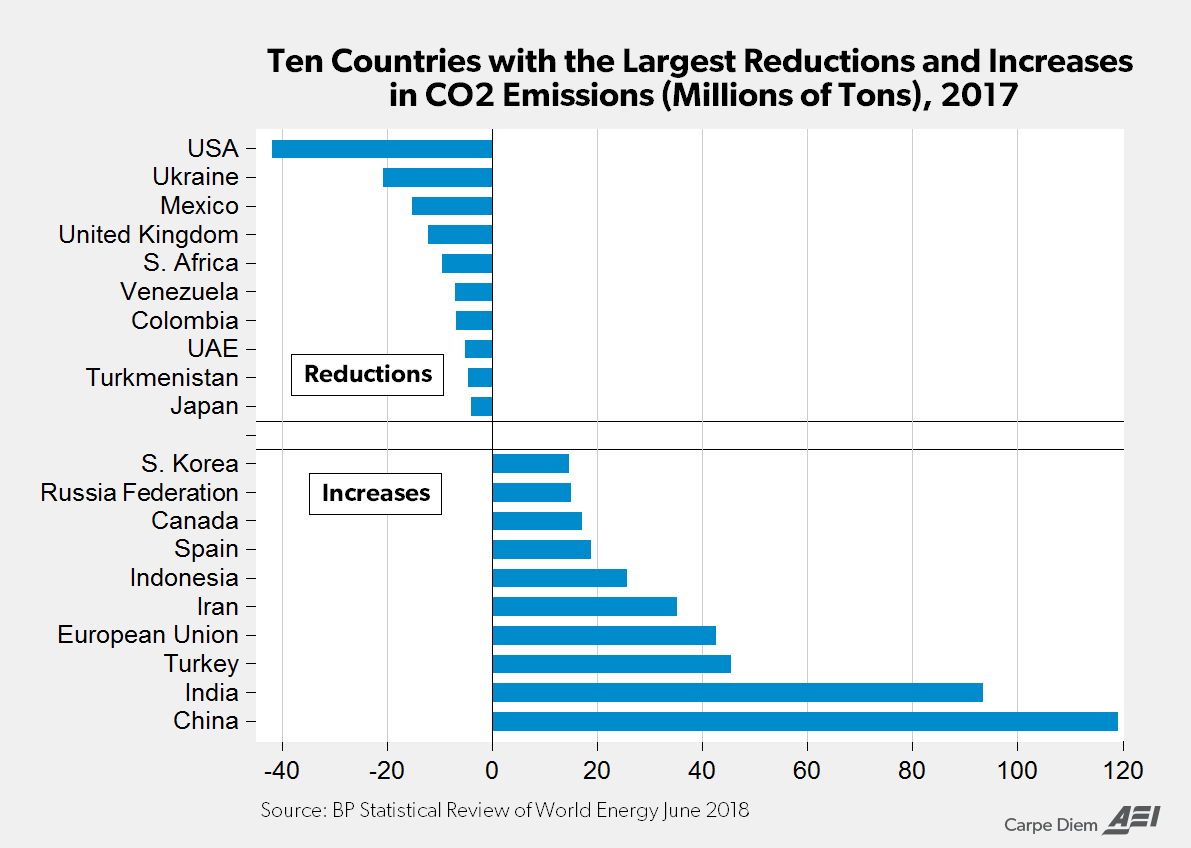GRA
Well-known member
Has that report changed the public's support of the Energiewende?RegGuheert said:The German public has been lied to to decades about Energiewende. It is only within the last couple of weeks that German federal auditors started telling the truth about what is actually going on:GRA said:Yet the German public still supports it overwhelmingly, because they consider it worth doing: https://www.cleanenergywire.org/factsheets/polls-reveal-citizens-support-energiewendeRegGuheert said:The general public has no idea what converting the grid to renewable energy will cost mainly because they have been lied to repeatedly by pundits who claim that it will cost them next to nothing to accomplish. In Germany, they even told that renewable energy would be cheaper than what was there before. Now, after being heavily taxed and having their rates increased to be some of the highest on the planet, they are starting to find out how badly they have been swindledGWPF said:The expenditure for the ecological restructuring of the energy supply is in a “blatant disproportion to the hitherto poor yield”, said President of the Court of Audit Kay Scheller in Berlin: “The Federal Government is at risk to fail with its once in a generation project of the Energiewende”.
No, Reg, what I said was that the public wasn't willing to listen to the message, so the facts aren't going to matter. What's needed is to find a message that they will listen to, so that the facts can be presented to them. Searching for the right way to present your message is what focus groups do. When a MNL newbie recently asked which arguments he could use to convince more people of the benefits of EVs, most of us who answered him said something like "depends on the audience," i.e. different arguments will resonate more depending on the audience's priorities. What the Vox article pointed out is that "Utilities say 100% renewables can't be done, or will be too expensive" is a message that the public simply isn't willing to listen to, at least at this time, so a different message is necessary if the utilities are to convince the public of the facts. In short, some version of "Yes, but" is needed.RegGuheert said:In fact, in the very next paragraph, you say this:GRA said:Reg, where have I ever advocated lying to the public, or that going 100% renewables would be easy?If that's not advocating for lying to the public, then YOU don't know what is. No where is there anything in EPRI's survey that says the public does not want to hear the facts. You made that up completely in your mind as part of your misguided advocacy. The EPRI survey just says that different percentages of the public support moving to renewables IF it only raises electricity prices by various amounts. Nowhere does it say that people do not want to know what the actual costs will be.GRA said:The facts don't matter in this case, because the public isn't willing to hear them.
Put simply, the EPRI survey says what is says. It doesn't say what you or Vox are saying that it says.
Not naive at all, Reg. It will take a great deal of new transmission lines and interconnections to get low-cost VRE power from where it's generated to the consumers, which will be expensive as well as time-consuming due to Nimbyism and environmental regs, but it involves relatively little disruption of the existing grid (relatively small storage can help with stability). Mass storage will be the real issue to get from 67% to 100%, and that will be a lot more expensive.RegGuheert said:What you claim to be a "fact" is merely a fantasy of yours which is disproved by actual experience. It may be possible to do that in Texas, but the idea that you can apply such analyses to the rest of the U.S., particularly in the Northeast, is extremely naive.GRA said:The fact that we can do the first 2/3rds using today's tech with relatively little disruption or extra cost...
In the NE, IIRR PV on rooftops is, relative to Germany, a better deal, because they've got more insolation - Berlin's average year round is about 110W/m^2, or about a 11% capacity factor; IIRC the NE is somewhat higher but I forget the figure, and they've still got nukes in any case, which hopefully they can be persuaded to keep for now and eliminate coal and reduce NG, instead of going down Germany's route of ditching the nukes first while keeping the coal plants in operation. Germany's rooftop PV deployment was dependent on heavy feed-in tariffs guaranteed for 20 years, and I don't see that level of support likely happening here. Anyway, rooftop PV may or may not be more expensive than building all those long-distance transmission lines (PV in the desert southwest has capacity factors in the mid-20% range), but can be done locally. However, on and especially offshore wind (the NE resources are good to excellent) is slowly coming along (see Nimbyism); emphasizing the latter rather than rooftop PV seems to me likely to be a lower-cost approach than rooftop PV there, but the latter will be faster. We'll see whether or not the public's willing to pay for it.

